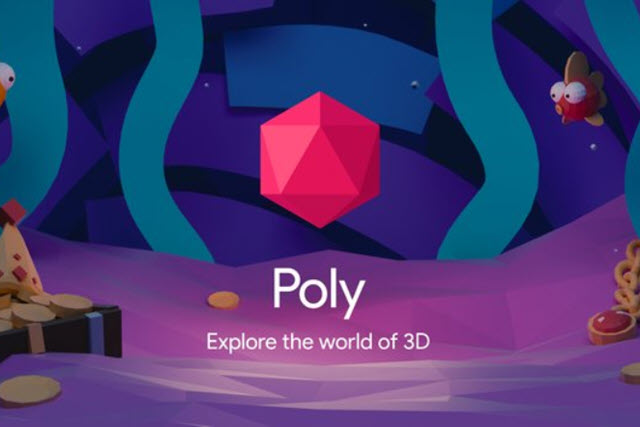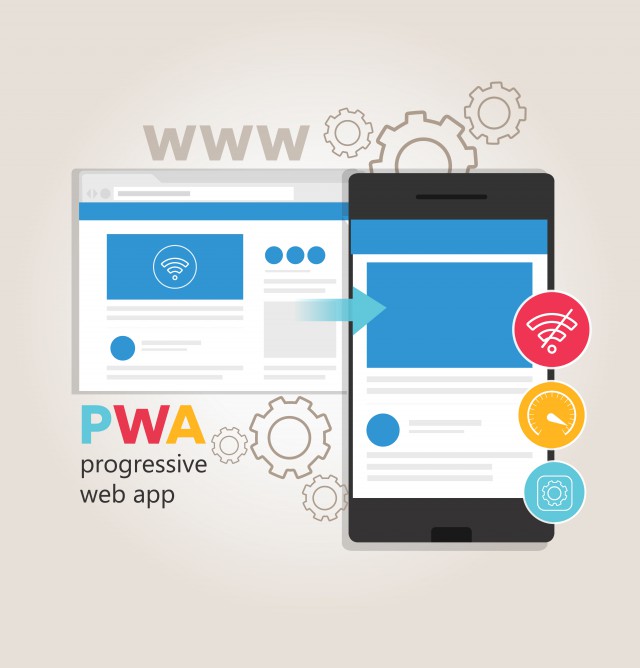
Corporate cultural issues hold back secure software development
As the digital economy expands and software becomes more critical, security worries grow. In a new survey, 74 percent of respondents agree that security threats due to software and code issues are a growing concern.
The study of over 1,200 IT leaders, conducted by analysts Freeform Dynamics for software company CA Technologies, finds 58 percent of respondents cite existing culture and lack of skills as hurdles to being able to embed security within processes.

Java is the most popular programming language, but C is gaining ground
Java established itself as one of the leading programming languages shortly after its debut, over two decades ago. According to the TIOBE Index for January 2018, it is actually the programming language that most people are interested in. For newcomers, it is among the top picks, no doubt due to the sheer number of jobs available.
The TIOBE Index, which provides a glimpse into our interest in programming languages based on searches on Google, Bing, Wikipedia and YouTube, among other major resources, puts Java at the top of the pack with a 14.21 percent rating. It holds a comfortable lead over its main rivals, though at least one of them is starting to gain ground again -- C.

Avast makes 'RetDec' machine-code decompiler open source on GitHub
Open source is the future of computing. Don't believe me? Three of the most important technology companies -- Microsoft, Apple, and Google -- not only license open source software, but they contribute to open source projects too. While closed source will likely never go away, it is becoming less important.
Today, popular anti-virus and security company, Avast, announces that it too is contributing to the open source community. You see, it is releasing the code for its machine-code decompiler on GitHub. Called "RetDec," the decompiler had been under development since 2011, originally by AVG -- a company Avast bought in 2016.

Apple expands its Everyone Can Code initiative around the world
Originally limited to just the US, Apple's "Everyone Can Code" initiative has now been opened up to over 20 universities and colleges around the world. The expansion takes the coding curriculum to Australia's RMIT, Plymouth University in the UK and many other establishments.
The aim is to give people the chance to learn how to code, using the App Development with Swift curriculum for online and on-campus courses. The year-long course serves as an introduction to coding, and is open to students of all levels of ability.

Speeding up product development with Infopresence
True product innovation has long heralded not just greater growth for companies, but for nations and individual careers as well. (Apple is a great example of this.) Now take it a step further: the ability to repeat a successful product innovation model confers an even more important benefit: lasting competitive advantage. (Again you can look to Apple and its concerted efforts to continue innovation in the absence of Steve Jobs.) Yet we see successful innovation within large companies trending consistently downward, and according to the Journal of Product Innovation & Management, up to 49 percent of innovations now fail.
So what can companies do to bottle innovation?

Google launches Poly, a 3D object and scene library for AR and VR creators
Google has today unveiled a new library for virtual and augmented reality creators. Poly is home to all manner of 3D objects and scenes that can be dropped into apps and games.
At the moment Google says there are "thousands" of free models available to download, but the company will be hoping for this to expand massively. Poly is integrated with Tilt Brush and Blocks, and has been designed with a range of VR headsets and phone-based AR systems in mind.

Google releases Android Oreo 8.1 Developer Preview beta
It's not all that long since the launch of Android 8.0 Oreo -- not that many people have it on their phones -- but Google has already pushed out a developer preview of Oreo 8.1.
As this is an early beta, there are not a huge number of changes to see in Android Oreo 8.1 developer preview -- but under the hood, there's quite a lot going on. For now, compatibility is limited to the Nexus 5X, Nexus 6P, Pixel C, Pixel, Pixel XL, Pixel 2 and Pixel 2 XL, but for these handsets new features include a Neural Networks API to improve machine learning, improved autofill, and Android Go optimizations.

Google unveils Chrome User Experience Report to let developers see how visitors use websites
If you've ever wondered what happens to the data Google collects via Chrome, today's announcement gives you something of an idea. The newly unveiled Chrome User Experience Report is a collection of data from users who have opted in to usage statistic reporting, the idea being that developers will be able to see how users experience the websites they visit.
Google launched the new tool at the Chrome Dev Summit 2017 in San Francisco, and at the same time also announced Trusted Web Activity. This is essentially a way to provide app-like behavior in Chrome to create a more cohesive experience.

Apple releases fourth betas of iOS 11.1 and watchOS 4.1 to developers
Ahead of a public beta launch, Apple has released new developer betas for iOS 11.1 and watch OS 4.1.
iOS 11.1 beta 15B92 and watchOS 4.1 beta 15R846 come just days after the third beta version were released, and only a month after iOS 11 itself was launched. Both are really bug-fixing releases, but iOS does see the return of a feature from an earlier beta.

Google will pay Android app developers more for retaining subscribers
Developers who want to sell apps or offer in-app subscriptions on Google Play have to give 30 percent of the revenue up. It's the cost of doing business on Google's popular app store -- and the same goes for the App Store and Microsoft Store as well.
However, in a move that mirrors Apple's policy change last year, Google will soon take a lower cut from developers who retain subscribers for more than a year.

Instant Apps in Google Play let you try out apps without installing them
As well as unveiling a new bug bounty program for select Android apps, Google has also announced a number of changes to its Play Store. The first is the introduction of Instant Apps to Google Play, giving users the chance to try out apps without even having to install them.
The idea is to give people the opportunity to test out apps almost immediately without having to wait for them to download -- ideal for anyone with limited data or a slow connection. Instant Apps are essentially streamed to devices meaning they can be running in seconds.

Building a progressive web app: 5 key things to consider
Welcome to the exciting world of Progressive Web Apps. You're likely reading this because you've been converted to the PWA cause: a best-of-both-worlds fusion of website reliability and app functionality. Finally, we have a mobile friendly way to combine the speed and directness of websites (no downloads required) with the functionality of apps, like offline browsing, home screen installation and push notifications.
With brands from Twitter to the Washington Post and Lancôme (more on that later) embracing the possibilities of PWAs, the question is no longer "Should you have a PWA?" but "What are the implications for my business?"

Stack Overflow introduces salary calculator for developers
Stack Overflow has introduced a salary calculator to help developers get a better idea of how much money they should earn. The tool takes into account important information such as job location, years of experience and technologies used to reveal what it considers to be typical salaries.
Stack Overflow says that the results are based on the data collected in its yearly developer survey. The salary calculator currently supports five markets -- Canada, France, Germany, US and UK -- and seven major cities -- Toronto, Paris, Berlin, New York, San Francisco, Seattle and London.

How .NET Framework integrates big data
Companies of all sizes have started to recognize the value of big data collections and the need to take advantage of them. Development of software systems play a big role in big data analytics.
As companies proceed on their big data journey, they usually start by batch processing their big data assets. This can mean gathering and aggregating web log data, telemetry from IoT devices, user clicks from an app and more.

VMware wants the support of open-source developers
VMware has called for greater links between itself and developers in a major show of support for open source software.
Speaking at the company’s VMworld Europe 2017 event in Barcelona, CTO Ray O’Farrell highlighted the "powerful" world of open source software.
